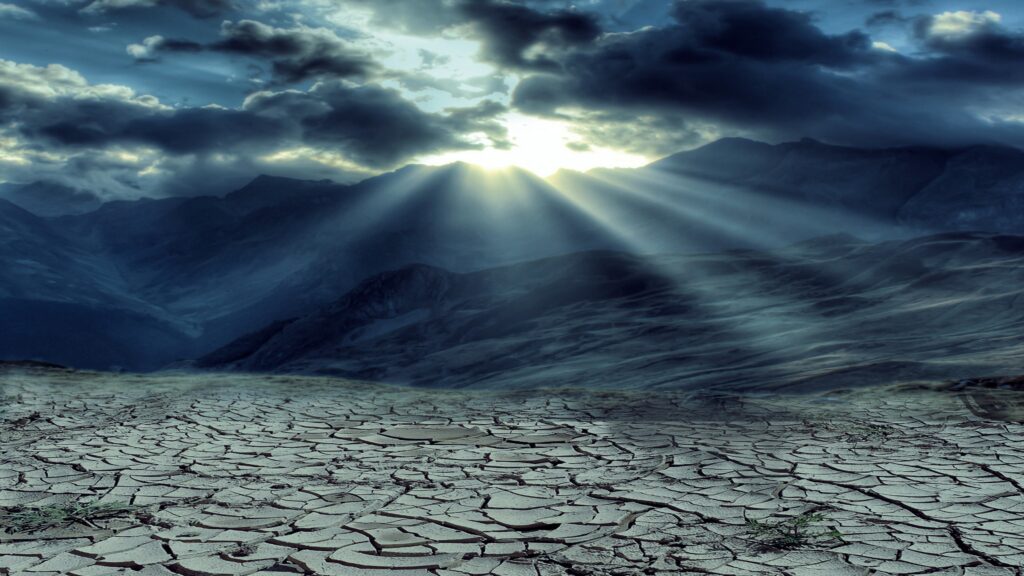
Humanity’s relentless pursuit of industrial and technological progress has placed our planet in grave danger. For the first time in human history, experts warn that Earth’s water cycle is becoming alarmingly imbalanced. This global cycle, responsible for distributing water across the planet, is facing unprecedented disruption. According to a recent report, this imbalance could have catastrophic consequences for economies, food production, and human life. The findings come from the Global Commission on the Economics of Water, a coalition of leading experts from around the world.
The water cycle, also known as the hydrological cycle, is the complex system that regulates the movement of water on Earth. Water evaporates from lakes, rivers, oceans, and even plants, ascending into the atmosphere as water vapor. This vapor forms massive rivers of moisture in the air, capable of traveling vast distances before condensing into clouds. Eventually, the water falls back to Earth as rain or snow, replenishing the ground and maintaining the planet’s water balance. This cycle is essential for sustaining ecosystems, supporting agriculture, and providing fresh water for human consumption.
The latest report from the Global Commission on the Economics of Water paints a grim picture. It highlights that decades of reckless land use, water mismanagement, and the escalating climate crisis have placed immense pressure on the global water cycle. This pressure is already manifesting in tangible ways across the globe. Nearly three billion people are currently grappling with severe water shortages, crops are failing, and cities are shrinking due to diminishing water supplies.
The imbalance in the water cycle is not just a distant concern; it is a crisis unfolding before our eyes. Water scarcity is contributing to economic instability, food insecurity, and worsening living conditions for millions. With freshwater sources drying up, agriculture—the backbone of human sustenance—is particularly vulnerable. The destruction of crops due to lack of water is leading to food shortages, price hikes, and worsening poverty in many parts of the world.
If immediate action is not taken to address the water crisis, the consequences could be devastating. The report warns that by 2050, global food production could plummet by more than 50%, a staggering blow that would exacerbate hunger and poverty worldwide.
Economies, especially those in lower-income countries, would also face severe setbacks. The global gross domestic product (GDP) is projected to shrink by an average of 8%, with low-income countries facing GDP losses of up to 15%. This would not only slow down economic growth but also push vulnerable populations into deeper hardship.
The findings of this report serve as a stark reminder that humanity’s unsustainable practices are disrupting one of Earth’s most essential systems—the water cycle. The imbalance in this cycle threatens the stability of economies, food production, and human well-being on a global scale. Addressing this crisis requires a concerted effort to rethink water management practices, reduce harmful land use, and mitigate the effects of climate change.






